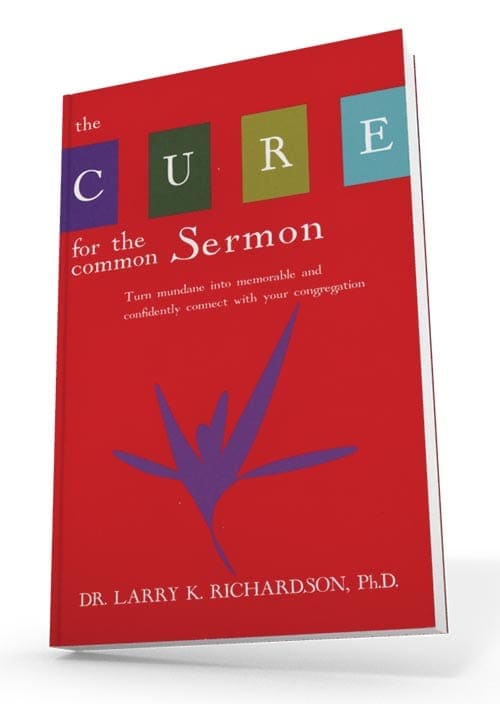
 Your Best Destiny
Your Best DestinyTeaching us how to succeed in God’s way is the purpose of Wintley Phipps’ deep but accessible book, Your Best Destiny. Phipps’ writing draws on his experience as a two-time Grammy Award nominee, a world-renowned vocal artist who has performed before a number of world leaders, and founder of the U.S. Dream Academy.
The eight “essential pillars” (pp. 20-27) he outlines, recognizable from Peter’s instructions to the scattered first-century church (2 Peter 1:5-7) are also chapter headings: faith, moral excellence, knowledge, self-control, patience, godliness, brotherly affection, and love. His starting point is what Athanasius called the prima veritas, “first truth,” that God is the most powerful force and personality in the universe (p. 134). Phipps believes that without God, there cannot be true success. The summary that concludes each chapter reinforces its lessons, and a personal assessment tool (pp. 219-252) enhances the practicality of the book.
As a young man, Phipps almost destroyed his vocal cords by trying to imitate rock-and-roll singer Little Richard. Now he shares words of wisdom by famous CBS News anchor Walter Cronkite: “Success is more permanent when you achieve it without destroying your principles” (pp. 14, 15). Phipps suggests that many fail to realize their goals because they don’t fully understand their ethos, “the moral home in which we dwell, the moral covers under which we sleep” (p. 17).
Phipps cites Barry Black, an alcoholic’s son who chose God’s way at the age of 10, as one of many examples that encourage readers to know that by following God’s way we may become what God created us to be. Black is the first person of color to serve as U.S. Senate chaplain.
Phipps also names some dream destroyers, including failure to believe in who you are (p. 29), and others you will want to avoid once you discover them while turning the pages of this enlightening book.
Saustin Sampson Mfune, associate director of the General Conference Department of Children’s Ministries, is also a singer and songwriter.
 The Cure for the Common Sermon
The Cure for the Common SermonLarry K. Richardson, Putnam & Smith Publishing, 2014, 120 pages, US$12.95, softcover.
Years ago a ministerial colleague told me that he preached his first sermon in a church that was then part of my district. The church, not far from a well-known Adventist college, had, over the years, seen its share of young preachers use its members as guinea pigs.
My friend said that he went through his entire sermon outline in about two minutes. Knowing that he couldn’t sit down so soon, he went back to the beginning and paraphrased his message to eat up more time. After another two or three minutes, he went through his sermon outline again, going from the conclusion and working his way back to the introduction. After 12 to 15 minutes he sat down, doubtless to the relief of those who made up his congregation that day.
Good preaching is rare. And in a world in which entertaining as well as profound messages are as near as your smartphone, those who stand behind the pulpit from week to week owe it to their congregations to be as engaging and inspiring as possible.
The Cure for the Common Sermon is an outstandingly practical resource for pastors, lay preachers and evangelists, and anyone who has to give presentations in public. In seven chapters Larry Richardson, with a Ph.D. in Communication Arts and Sciences, has assembled easy-to-understand principles about basic communication, and how they translate into presentations that “confidently connect with your congregation.”
Preaching good sermons is more than just filling 20, 30, or 40 minutes with a series of quotations or vague, unfocused ramblings. Good preaching uses proven communication techniques to connect people with contemporary biblical principles that translate into actions with which we infect our communities with examples of Christ’s character. The Cure for the Common Sermon, one of the best books on preaching I’ve read (and I’ve read several), is the antidote for bland, passionless, preaching. Buy it for yourself, or to give as a[n] [anonymous] gift for someone who really needs the help.
Stephen Chavez is an assistant editor of Adventist Review.